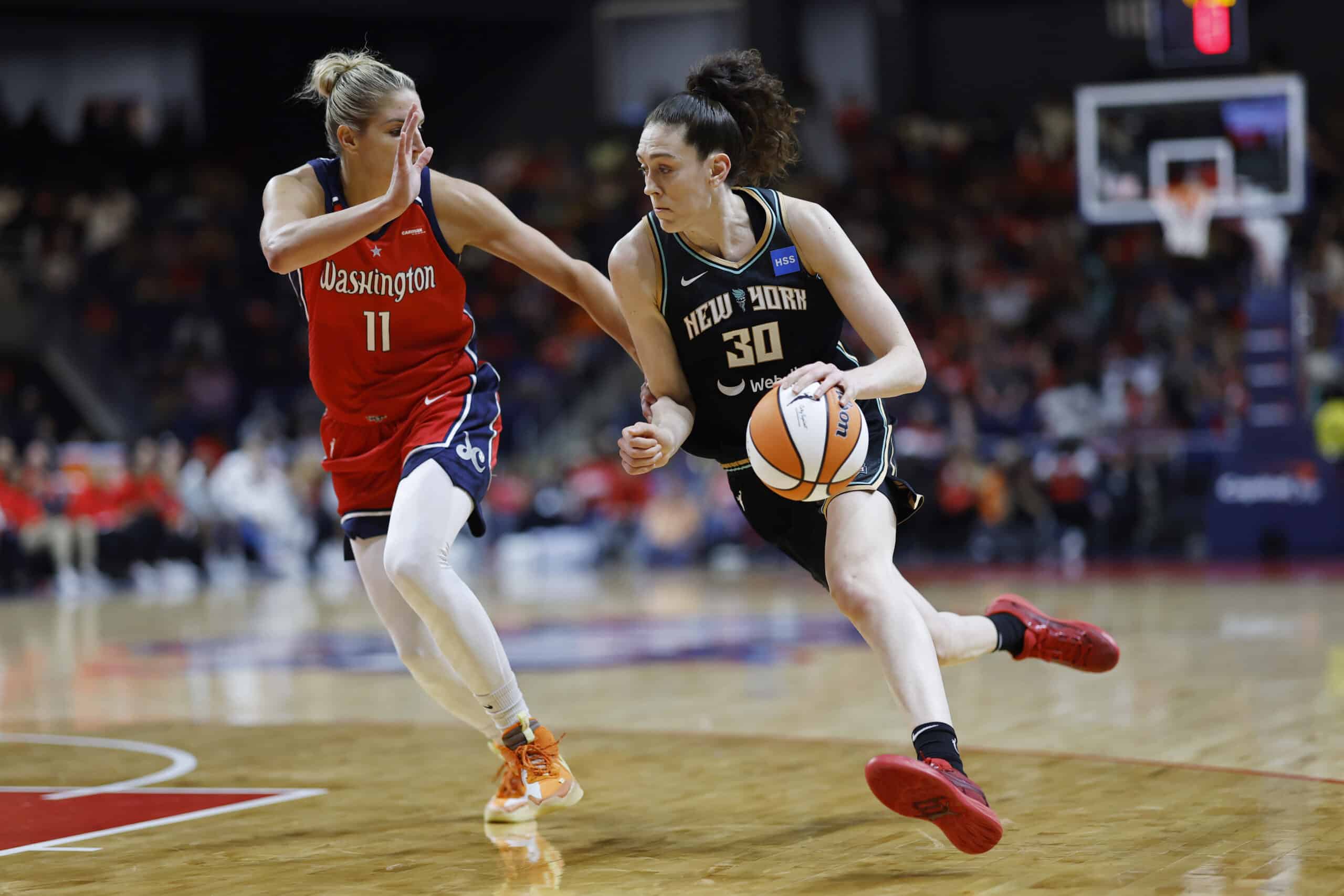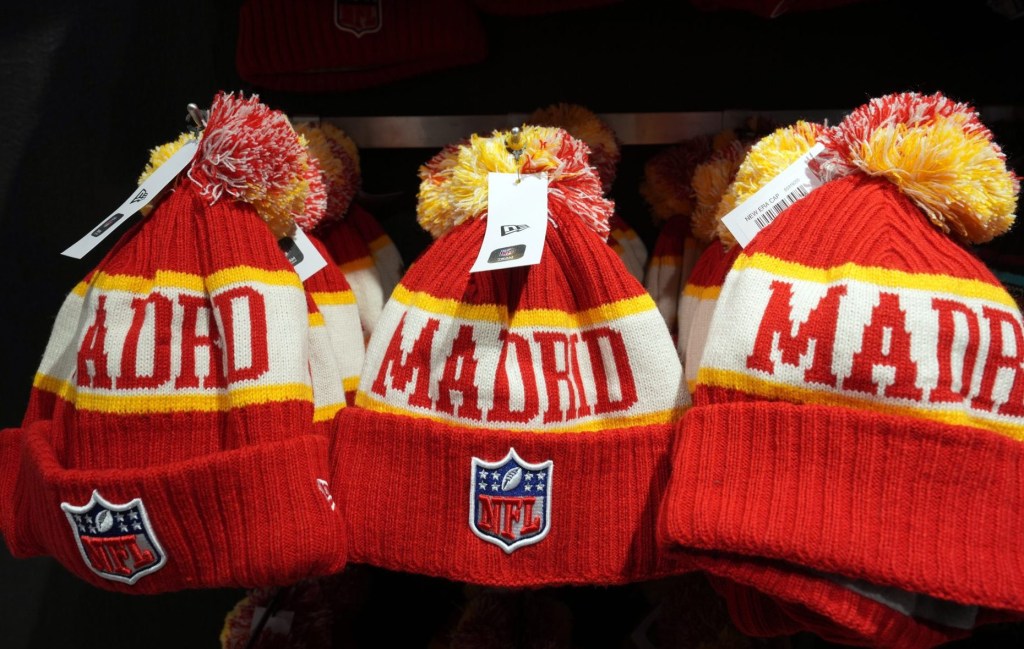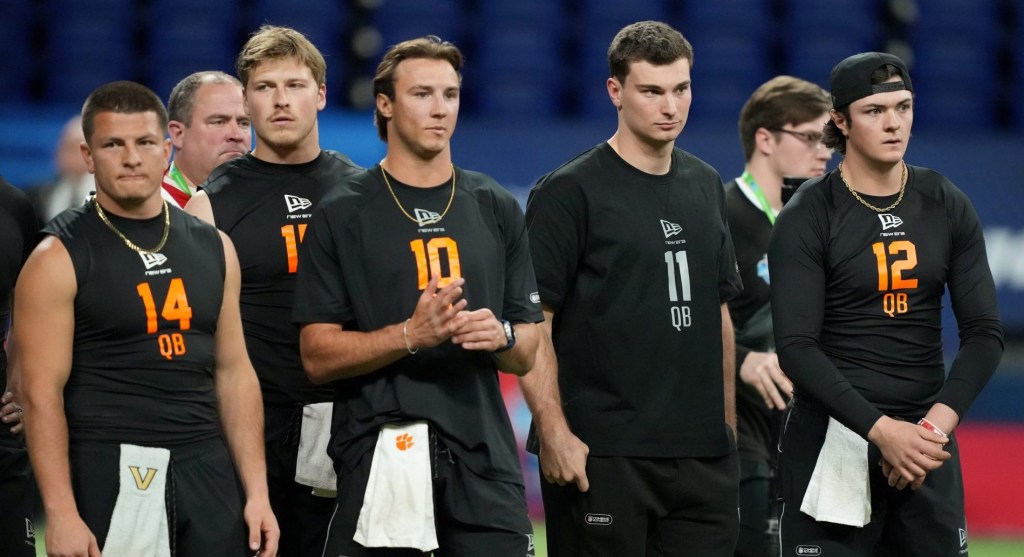New York Liberty star Breanna Stewart and Minnesota Lynx forward Napheesa Collier plan to launch Unrivaled, a new women’s basketball league in Miami that’s aimed at being an option for top WNBA players to play domestically in the offseason instead of going overseas.
The planned 3-on-3 and 1-on-1 league would run from January through March with 30 players across six teams, according to ESPN. It would come in response to the WNBA’s new ‘prioritization’ rules, which require players who play overseas to return to their WNBA teams by the start of training camp. Overseas women’s baseball seasons often run until mid-May, conflicting with the start of the WNBA season.
“It’s the ability for players to stay home, to be in a market like Miami where we can just be the buzz and create that with the best WNBA players,” Stewart told ESPN about Unrivaled. “We can’t keep fighting [the WNBA’s prioritization rule]. It is a rule that takes away our choices, which should never be a thing, especially as women, but it is still a rule.”
Unrivaled’s goal is to raise enough in private funding and sponsorship to provide players with “commensurate pay with what they make during the WNBA season.” Athletes Unlimited, which launched its basketball league last January in Las Vegas with WNBA players such as Courtney Williams, Lexie Brown, and Natasha Cloud, is another league catered towards allowing players to play in the U.S. during the WNBA offseason.
Athletes Unlimited paid players an average salary of $22,000 in its inaugural season, and the league broadcasted games on WNBA League Pass, CBS Sports Network, and Fox Sports.
WNBA player travel conditions and overseas commitments have been a rising tension point for the league since All-Star Brittney Griner was detained for about ten months in Russia after going to play in the country’s league and being arrested for hash oil found in her luggage at a Moscow airport.
“We’re never gonna tell players what to do or not do during their free time in the offseason; there are players that don’t get a ton of playing time in the league that want to play, improve their game and make a roster,” WNBA commissioner Cathy Engelbert told FOS in May. “We’re trying to improve the economic model so that our players, if they choose not to [play overseas], they could make really good money here.”







![[Subscription Customers Only] Jun 15, 2025; Seattle, Washington, USA; Botafogo owner John Textor inside the stadium before the match during a group stage match of the 2025 FIFA Club World Cup at Lumen Field.](https://frontofficesports.com/wp-content/uploads/2026/02/USATSI_26465842_168416386_lowres-scaled.jpg?quality=100&w=1024)
![[Subscription Customers Only] Jul 13, 2025; East Rutherford, New Jersey, USA; Chelsea FC midfielder Cole Palmer (10) celebrates winning the final of the 2025 FIFA Club World Cup at MetLife Stadium](https://frontofficesports.com/wp-content/uploads/2026/02/USATSI_26636703-scaled-e1770932227605.jpg?quality=100&w=1024)




![[US, Mexico & Canada customers only] Feb 6, 2026; Riyadh, SAUDI ARABIA; Jon Rahm in action during the third round of play at LIV Golf Riyadh at the Riyadh Golf Club.](https://frontofficesports.com/wp-content/uploads/2026/03/USATSI_28173562_168416386_lowres-scaled.jpg?quality=100&w=1024)
![[US, Mexico & Canada customers only] Sep 28, 2025; Bethpage, New York, USA; Team USA's Bryson DeChambeau reacts after hitting his approach on the 15th hole during the singles on the final day of competition for the Ryder Cup at Bethpage Black.](https://frontofficesports.com/wp-content/uploads/2026/03/USATSI_27197957_168416386_lowres-scaled.jpg?quality=100&w=1024)


